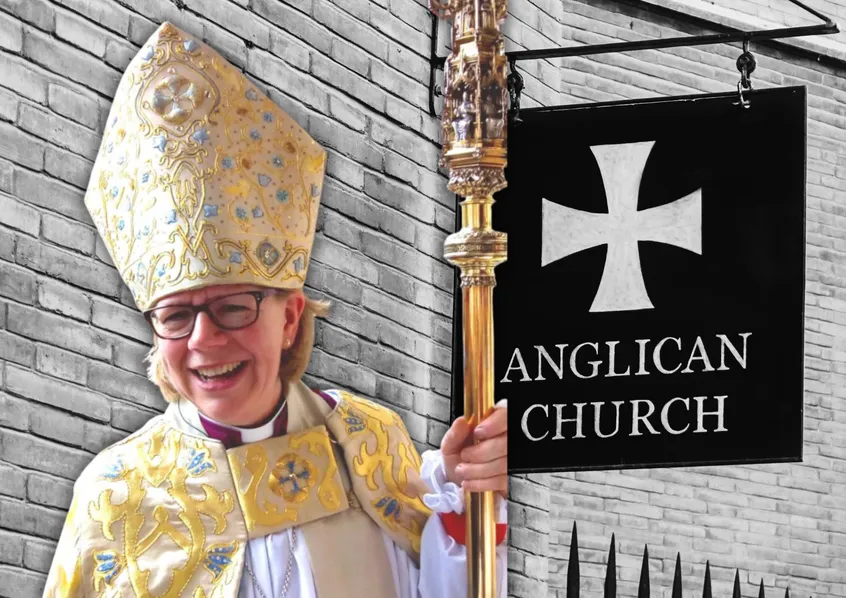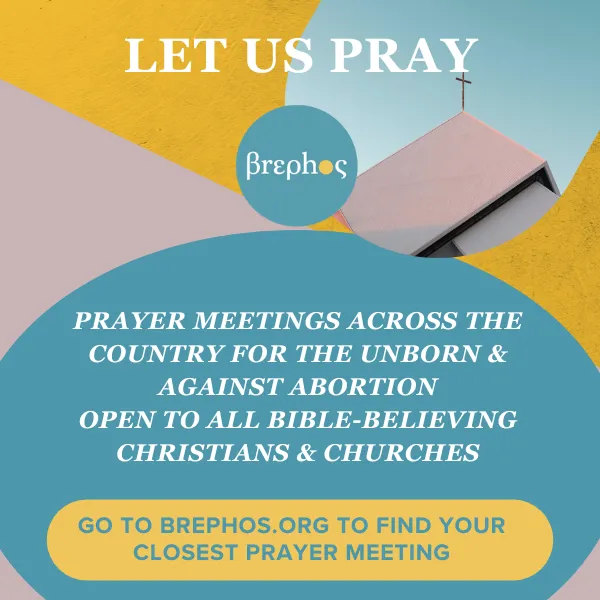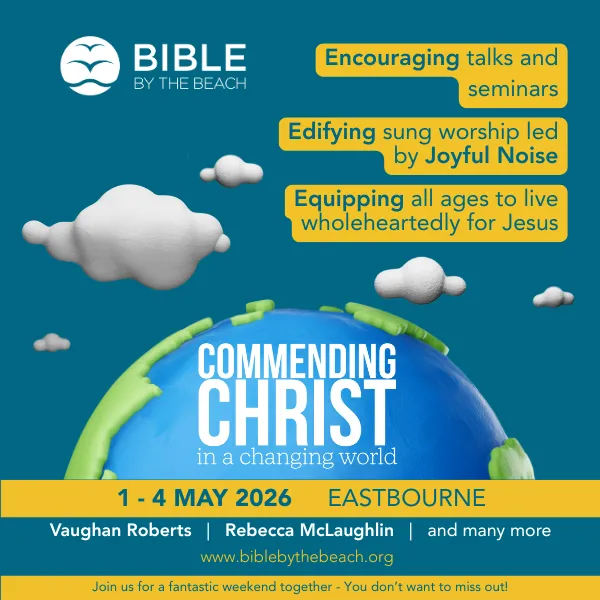The appointment of Dame Sarah Mullally to one of the highest offices in the land has generated a huge amount of comment on different media platforms. As an Anglican leader myself, I’m going to try to briefly answer four questions that commonly arise.
- What message does the appointment of a theologically liberal woman as Archbishop of Canterbury send to the world and to the church?
For supporters, this shows that one of the last remaining “glass ceilings” for women in public life has been broken. A former senior nurse being the Archbishop now explicitly links the national Church of England, the kindness and care of the NHS, and the liberal values of the ruling establishment. Theologically orthodox churches around the world have received the message that their views have been ignored, even though this office is supposed to bring unity to a Communion of churches. The impact will go wider than this: how will the appointment be interpreted by powers with political, religious and commercial agendas around the world concerning the state of Britain today? - Is it still possible to be Anglican and “evangelical” (in the sense understood by the founders and readers of en)?
The Thirty-Nine Articles, one of the key founding documents or “formularies” of the Anglican Church, locates the source of authority concerning knowledge of God as trinity, human sin, the gospel of salvation, the Christian life and the church in the Scriptures not in any church leader, office or institution. The Book of Common Prayer on which Anglican worship is based, is reformed and evangelical in its theology. Article 26 recognises that “sometimes the evil have chief authority in the Ministration of the Word and Sacraments”, but this does not invalidate “the grace of God’s gifts” which are received by faith regardless of the faithfulness or otherwise of the minister. Despite leadership by theologically compromised senior leaders especially in the Western world, there are many congregations in the Cof E where the word of God is faithfully preached and received, and millions of Anglicans around the world committed to “proclaiming Christ faithfully to the nations” (the GAFCON slogan of the 2018 Jerusalem conference).










Questions from a visit to North Africa
I recently attended the consecration of Dr Ashley Null as Anglican bishop of North Africa, a new Diocese in the …